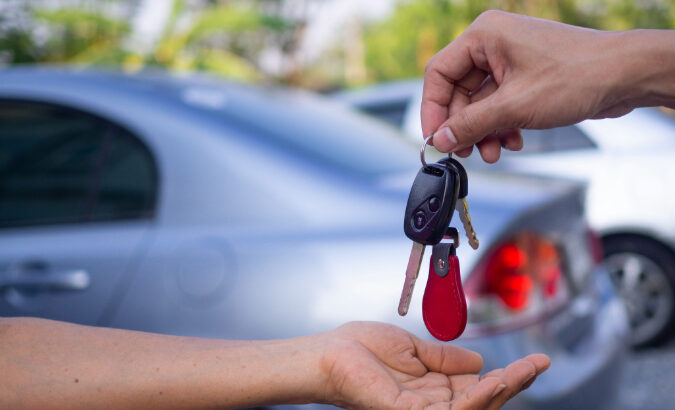
With all the information available at our fingertips, it can be difficult to weed out what is true and what is misleading. This holds true for auto insurance. Does the purchase of a spiffy red sedan hit you harder in the wallet, as far as insurance costs go? Will your insurance go up after just one speeding ticket? Are all insurance company rates pretty much the same?
Vehicle owners often ask these and other auto-related insurance questions. To lend clarity, we’ve addressed five of the most common car insurance myths.
Myth #1: A single speeding ticket will make your insurance go up
If you received a speeding ticket and are wondering how much your insurance will go up, you’ll be glad to hear in various states your rates might not increase. Some states don’t allow insurance companies to raise premiums based on a single, minor moving violation. According to the Department of Motor Vehicles, your insurance company likely will not raise your rates after one ticket if you’re a longtime customer with a previously clean driving record. That said, if you tally up a high number of points with your state’s DMV because of traffic violations, it could send your rates soaring.
The following are some premium-busting tickets you’ll want to avoid:
- DUI
- Reckless driving
- Careless driving
- Speeding
- Failure to stop
- Failure to yield to pedestrian
- Driving in a carpool lane
Fortunately, you can protect auto insurance rates from increasing by adding what’s called Accident Forgiveness to your Nationwide policy. With this, you avoid a rate increase following the first at-fault accident on your policy.*
Myth #2: Red cars cost more to insure
Insurance companies usually don’t even ask about color in calculating a premium. Instead, here’s what they usually look for:
- Year, make, model, body type, engine size and age of your car
- The driving records of the drivers on your insurance policy
- Where the vehicle is garaged
How many miles you drive each year, where you drive and even your credit history may also be used to determine coverage pricing. Visit our Learning Center for more information on the factors that go into calculating car insurance rates.
Myth #3: Moving doesn’t affect your coverage
When you move, especially to a different state, you should contact your auto insurer, so an agent can update your policy and confirm that coverage is offered where you live.
Myth #4: Auto insurance always covers damage from vandalism, theft and random acts of nature
Your coverage greatly depends on your policy choices. Collision insurance typically covers damage to your car from a collision with another vehicle but, unfortunately, not from vandalism, theft or Mother Nature. You need to add comprehensive coverage for protection from covered hail, theft, vandalism, deer and similar mishaps.
Click here to learn more about the different kinds of auto insurance and what they cover.
Myth #5: Every auto insurance company’s rates are about the same
Premiums vary significantly among companies, and each offers different coverage packages. It’s best to review your auto insurance policy with your agent regularly to ensure you’re getting the best car insurance discounts possible for the coverage you need. Moreover, auto insurance can, and should be, customized to each customer’s individual needs.
Myth #6: Car insurance will pay off my loan if my car is totaled
Some consumers have outstanding loan balances that are greater than the value of their vehicle; these customers may want to consider purchasing “gap” insurance (coverage that, for an additional charge, will pay the difference between your loan value and the cost to replace your car).
Myth #7: More expensive cars cost more to insure
The cost of a vehicle does influence the price of insurance but just as important are things like how costly replacement parts are, how many repair specialists there are for a vehicle, etc.
Myth #8: If a friend borrows the car, he or she is responsible for damages
If you ever decide to let a friend borrow your car, make sure he or she is an experienced driver with a solid driving record. If they do get in a car accident, it may be your insurance that has to cover the damages.



